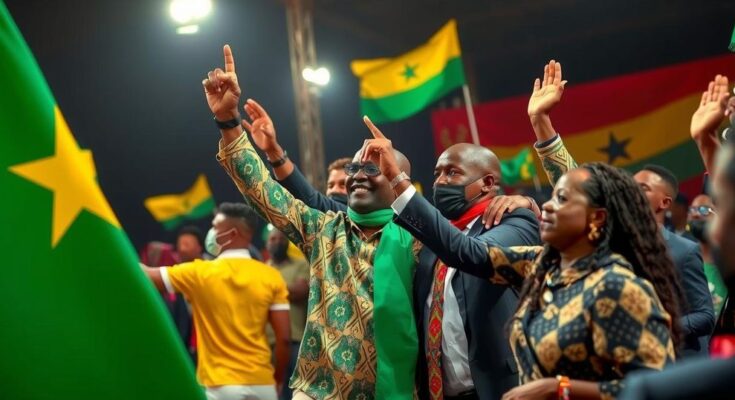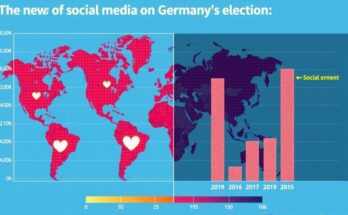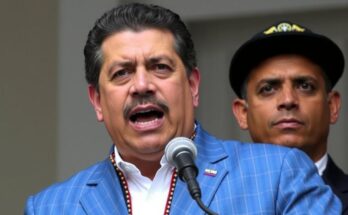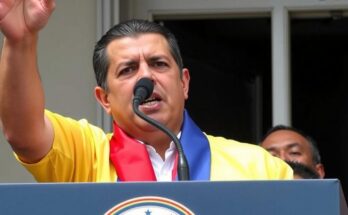Senegal’s ruling party, PASTEF, claims a decisive victory in the legislative elections, succeeding shortly after President Faye’s election. Opposition parties have conceded, although accusations of fraud linger. The new parliament may ease Faye’s path toward implementing reforms, despite ongoing economic challenges and high unemployment rates.
Senegal’s ruling party, PASTEF, has declared a significant victory in the legislative elections held recently, with nearly all votes counted. This win follows President Bassirou Diomaye Faye’s successful presidential campaign and paves the way for him to implement his ambitious reform initiatives. Reports suggest that PASTEF outperformed opposition candidates in many regions, and government spokesperson Amadou Moustapha Ndieck Sarre praised the Senegalese populace for their overwhelming support. Despite ongoing vote tallies, the major opposition parties have conceded defeat. Barthelemy Dias, leader of the opposition coalition SAMM Sa Kaddu, acknowledged PASTEF’s success in these elections. In contrast, former President Macky Sall, representing another opposition faction from abroad, accused PASTEF of facilitating electoral fraud; however, he did not provide supporting evidence for this claim. President Faye’s path to reform appears more feasible after this electoral victory, especially considering his prior challenges in achieving legislative support for his governance plans. Elected amid political turmoil, Faye’s administration has been hindered by a previous parliament led by opposition, which he claims obstructed initiatives aimed at tackling corruption and ensuring a fair distribution of the nation’s resources. Given his earlier presidential triumph, this parliamentary win significantly strengthens PASTEF’s influence. The opposition parties, previously led by Sall, face scrutiny as their accusations gain traction concerning inaction on pressing national issues. Senegal currently grapples with high unemployment rates exceeding 20%, and many citizens resort to perilous migration attempts to Europe. Additionally, the government’s public finance audit revealed a budget deficit larger than anticipated, prompting the International Monetary Fund to suspend aid discussions, while Moody’s downgraded Senegal’s credit rating in light of the economic status.
The political landscape in Senegal has been characterized by a dynamic interplay of governing parties and opposition coalitions, particularly following the recent ascension of President Bassirou Diomaye Faye. The PASTEF party’s emergence results from a broader national context where allegations of corruption and electoral malpractice have led to heightened tensions among political factions. The economic backdrop includes high unemployment rates and public finance challenges, contributing to public discontent and political instability.
In summary, PASTEF’s recent victory in Senegal’s legislative elections marks a critical advancement for President Faye’s agenda, allowing him an enhanced capacity to implement necessary reforms. While the opposition has conceded defeat, claims of electoral fraud persist, indicating ongoing political friction. The government now faces significant challenges regarding economic management and public expectations, amid accusations of ineffectiveness.
Original Source: www.dw.com




